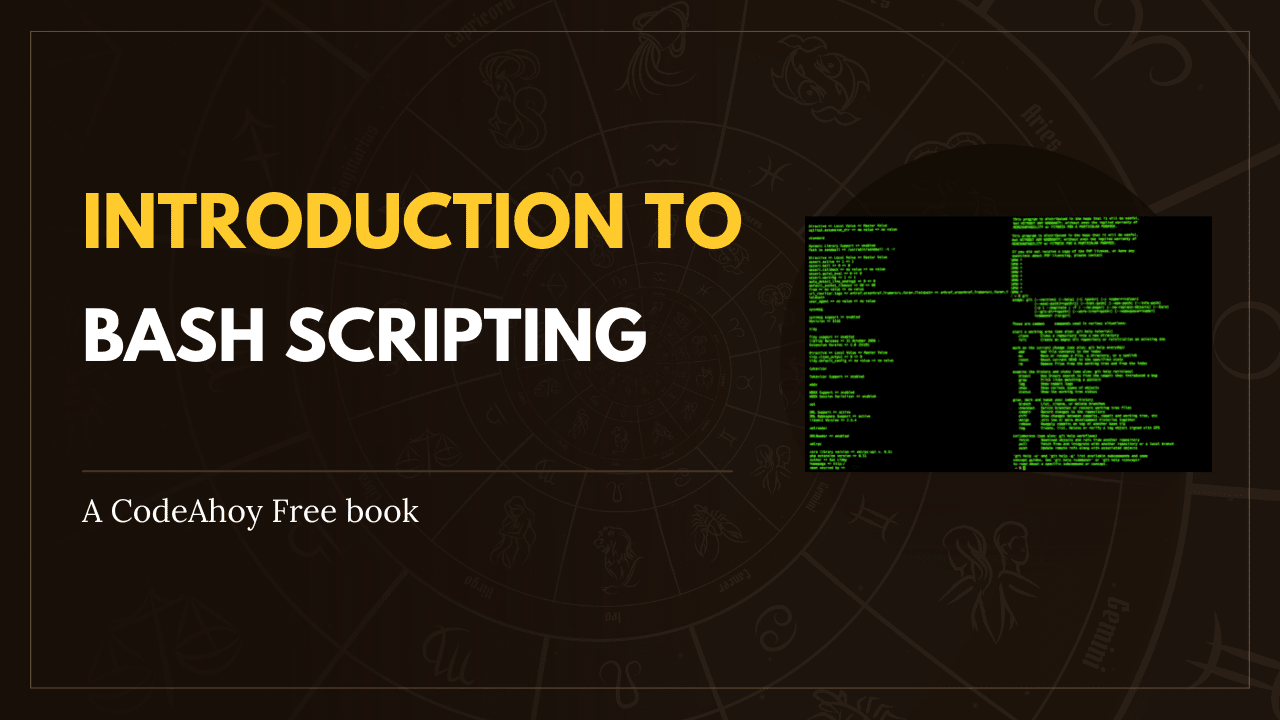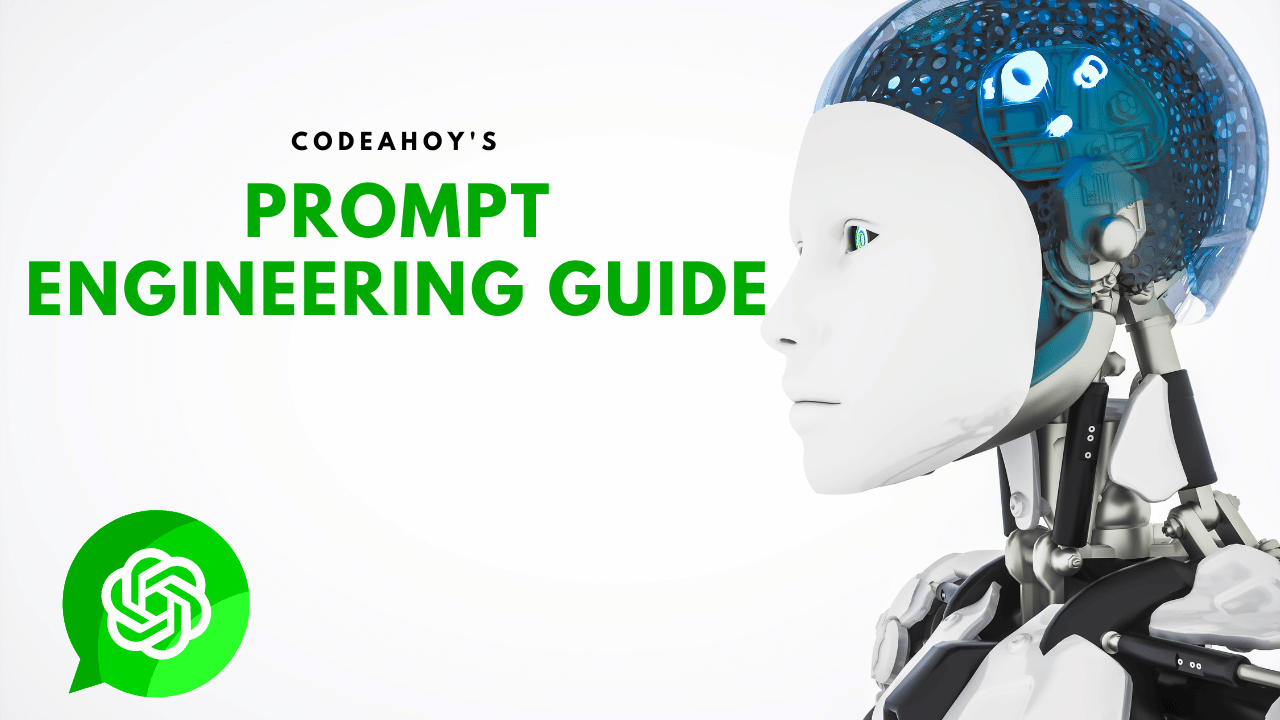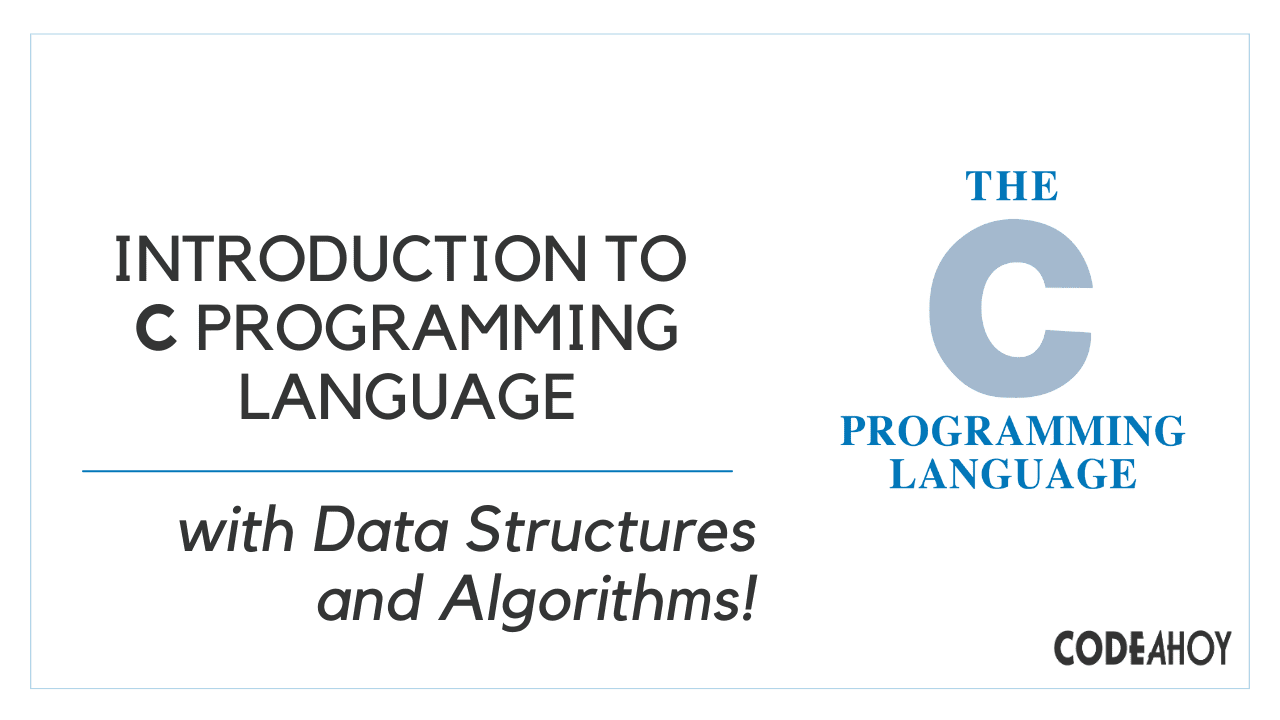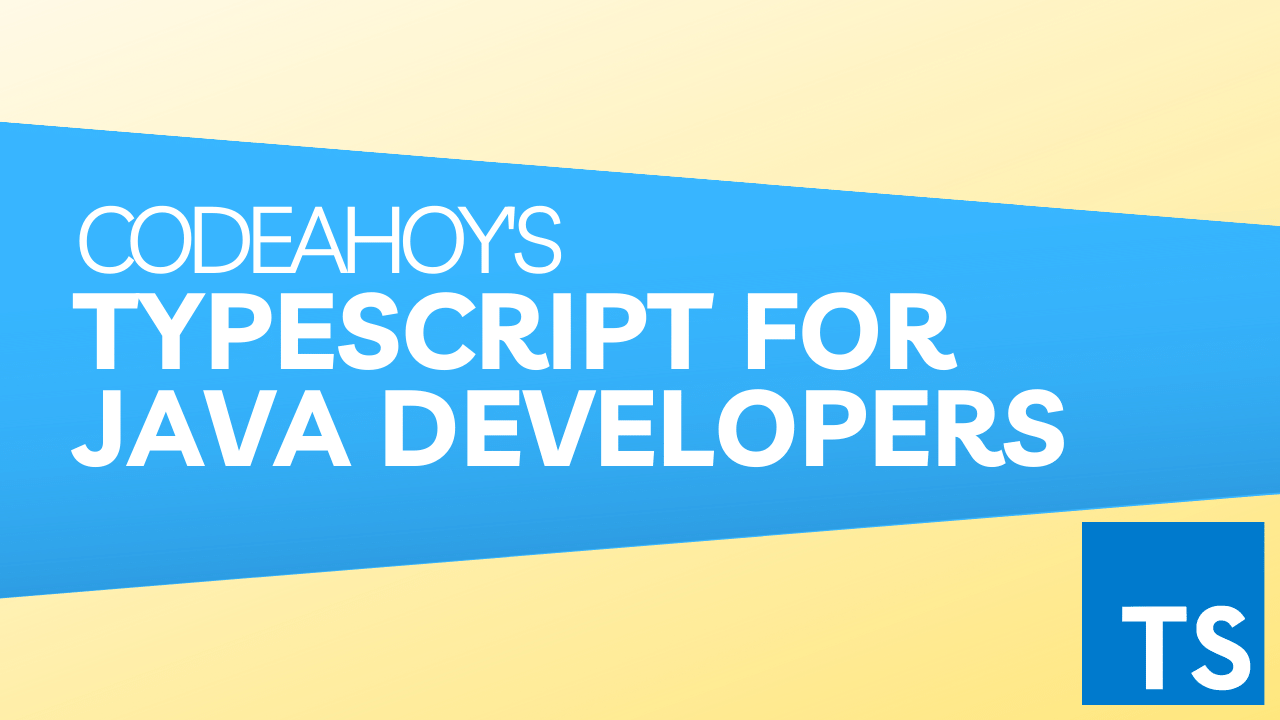Books / Setting Up Development Environment on macOS / Chapter 20
Node.js
Node.js is a JavaScript runtime built on Chrome’s V8 JavaScript engine.
Installation
Using Homebrew
brew install node
Using Node Version Manager (nvm)
Download and install nvm by running:
curl -o- https://raw.githubusercontent.com/nvm-sh/nvm/v0.35.3/install.sh | bash
or via Homebrew:
brew install nvm
Then download Node and select your version by running:
source ~/.bashrc # source your bashrc/zshrc to add nvm to PATH
command -v nvm # check the nvm use message
nvm install node # install most recent Node stable version
nvm ls # list installed Node version
nvm use node # use stable as current version
nvm ls-remote # list all the Node versions you can install
nvm alias default node # set the installed stable version as the default Node
See the documentation for information.
npm usage
To install a package:
npm install <package> # Install locally
npm install -g <package> # Install globally
To install a package and save it in your project’s package.json file:
npm install <package> --save
To see what’s installed:
npm list [-g]
To find outdated packages:
npm outdated [-g]
To upgrade all or a particular package:
npm update [-g] [<package>]
To uninstall a package:
npm uninstall [-g] <package>
yarn
Yarn is another package manager built by Facebook. Yarn stands for Yet Another Resource Negotiator. It provides similar functionalities as NPM. It is an alternative to NPM when installing, uninstalling, and managing package dependencies from the NPM registry or GitHub repositories.
brew install yarn




